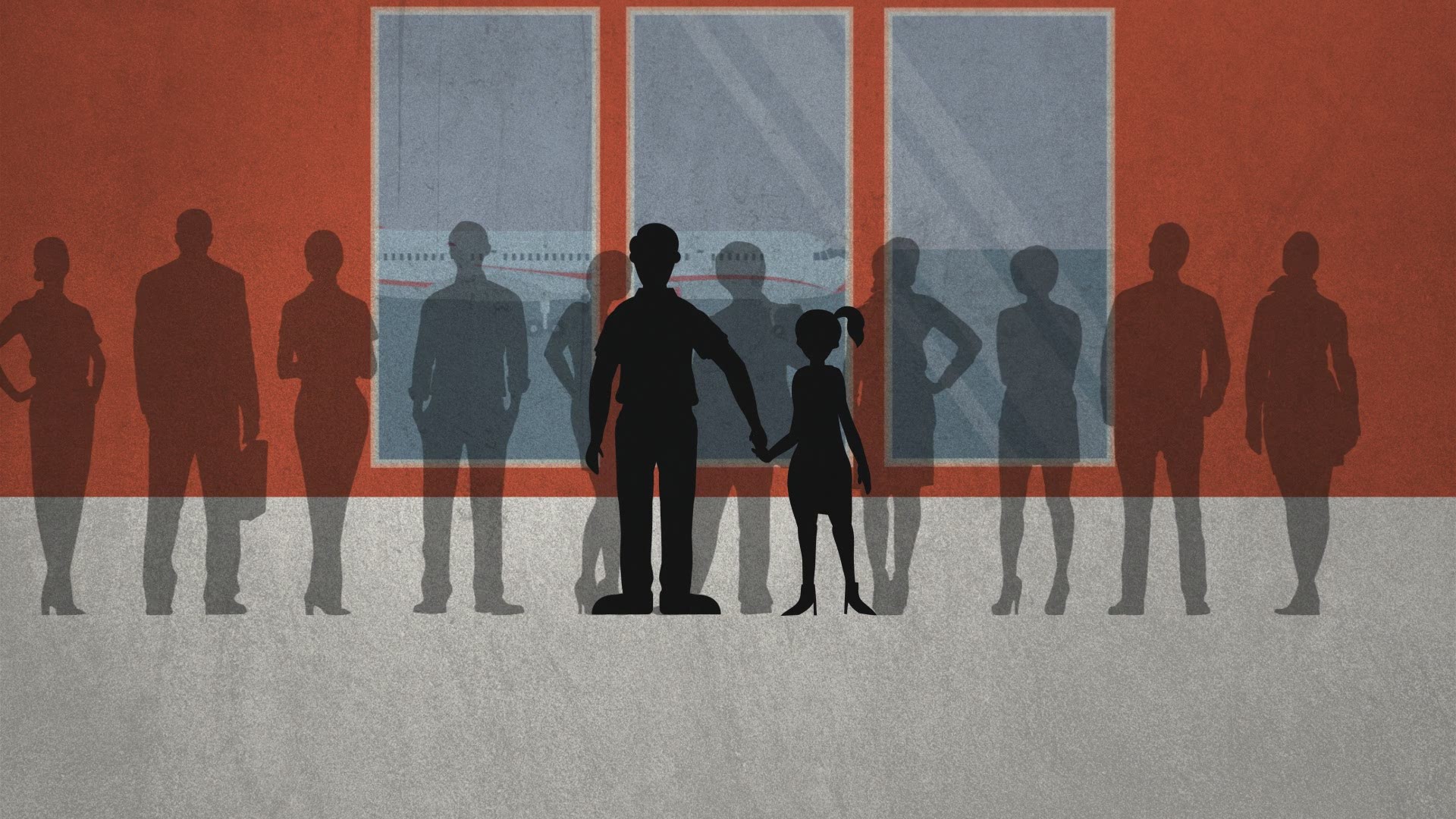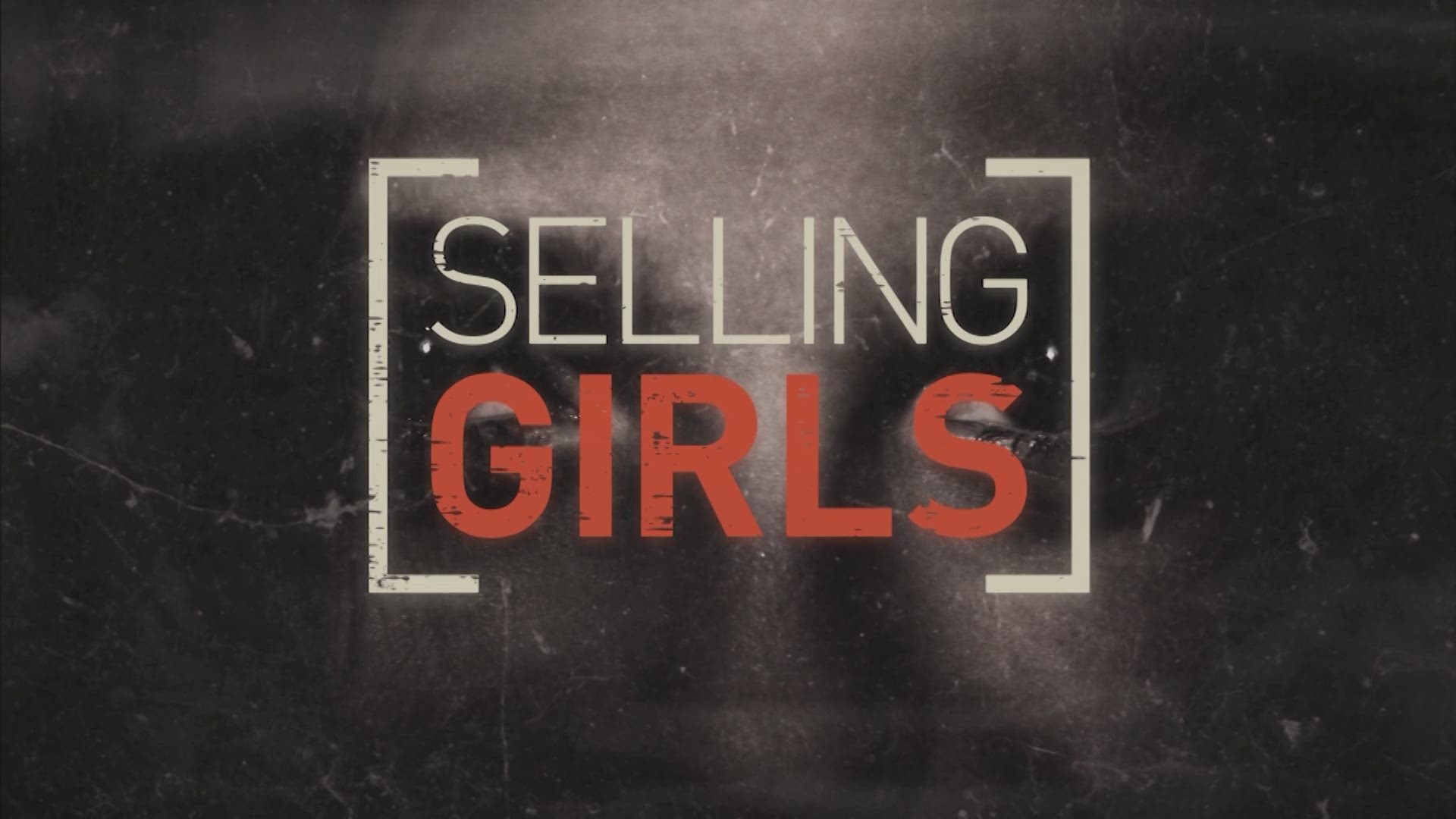A woman messaged our Facebook page earlier this week with a question about our recent "Selling Girls" stories, which focused on exposing the scope of child sex trafficking in the United States and how to prevent more young children from becoming victims.
She asked if we could compile some information parents could use about how to talk to their children about the issue. So, we reached out to UnBound Waco, an organization working to curb human trafficking in Central Texas and offering support to victims who escaped the billion-dollar-a-year industry in the United States.
Below is some of the advice UnBound Waco offered.
1. Talk to your children about social media
Last year, we covered a story about a Houston father who said his teenage daughter was lured into the sex trade by an older man on the social media app Snapchat. The trafficker used the app to slowly groom her beginning at age 16, eventually getting her to agree to meet him at a party, where she disappeared.
Advice: Take every opportunity to chat with your children about the danger of talking to strangers on social media and ask them to disable location sharing capabilities on their social media accounts and photos. Predators are patient, and they will pose as your children's friends -- using any bit of information they can glean from public social media accounts to groom them by pretending to share similar interests and being in the same places at the right times.
2. Consider more open conversations about sex
Your personal views on contraception or sex education techniques are yours, and you have every right to those opinions. But, it's important to recognize your teens know about sex because they're hearing about it at school. Even if you support an abstinence only approach to education, experts urge you to talk to your children about the dangers of sexting, human trafficking and unsafe relationships.
UnBound Waco recommended introducing the topic of sex early and with confidence, allowing your household to normalize the conversation early, so it could be discussed when needed. This could also make your teen more comfortable asking questions or admitting when something happens to them. UnBound recommended checking in regularly with your children to ask them what they are learning from friends or to find out if anyone has pressured them sexually. And, a major piece of advice was to have a conversation with your children, where you collectively make a plan about how they can react safely to a family conflict. For example, make a plan for somewhere they can go after an argument like a safe friend's house or for a walk around the block. Having a plan could prevent them from channeling their anger or frustrations into something more dangerous that might allow a predator to swoop in and seize the opportunity to pose as their friend.
3. Brief your children and fellow parents on the signs of grooming and abuse
Teens with a history of abuse are extra vulnerable to the grooming tactics used by sex traffickers. If your teen shows any of the following signs but is not confiding in you, consider enrolling your child in counseling. Warning signs may include: isolation from family and friends, sudden changes in behavior, friend groups or school performance, having a much older boyfriend, showing evidence of low self esteem or passive behavior, unexplained injuries, signs of self-harm behaviors, sudden use of alcohol or drugs, and even the development of physical or psychological challenges like stutters, seizures or learning difficulties.
An anti-human-trafficking organization in Arizona suggested acting out "What if?" conversations with your children. Even if your teen gets frustrated talking about it, the organization said it would be better to have an annoyed teenager than one who does not think twice when a shady situation presents itself.
4. Educate yourself first, and make it a priority
UnBound Waco said the more you know about human trafficking and its signs, the more you will be able to protect your children.
Texas-based nonprofit Traffick911 is holding a community awareness presentation Nov. 7 from 6 to 7:30 p.m. at the First Baptist Church located at 8015 W. Adams Ave in Temple. The presentation is open to the public.
The below organizations offer classes to educate parents. Click on any of them for links to their websites.
If you can't make a class, below are some online resources you can consult to learn more.


